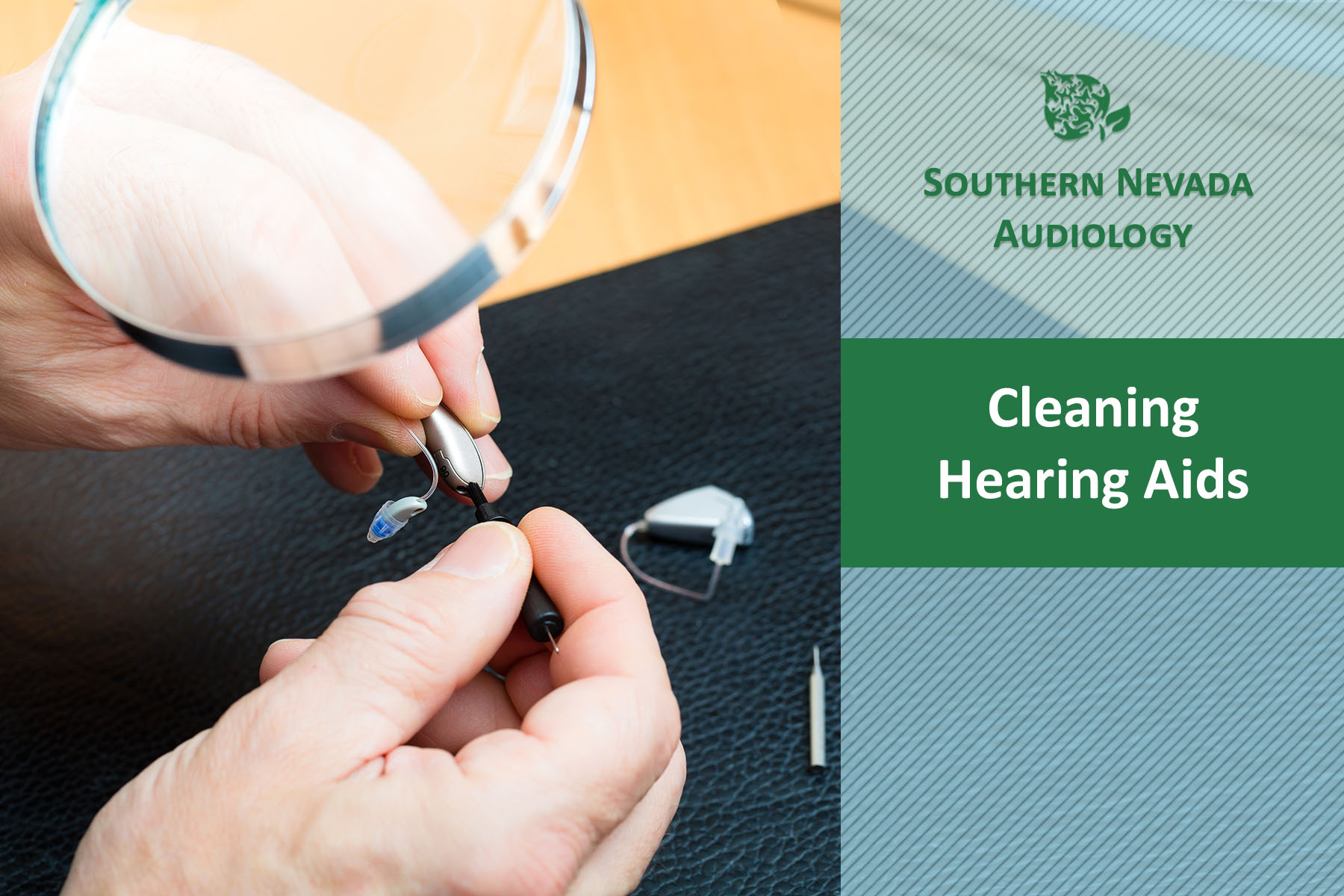Many holidays take place during colder months with a focus on gathering with family and friends. With about 50% of families in America having at least one person experiencing hearing loss or being hard of hearing, it is important to know how to properly communicate and include any loved ones who may have a more difficult time hearing than those around them. One important factor in healthy hearing is maintaining a cleaning routine for devices used to help keep the line of communication open and flowing freely. The most common devices are phones or cellphones and hearing aids.
Most people know how to take care of their phones. Such as keeping the phone dry, not letting them drop and not exposing them to extreme temperatures for long periods of time. Phones are great tools for those who are hard of hearing or experiencing hearing loss. Texting requires only reading and most phones have a feature that allows the user to zoom in on text which makes text bigger and easier to read, should they need it.
Hearing aids require a little more maintenance than a phone. Hearing aids usually are exposed to some moisture because of their position in the ear. They can be rained on, sweat on, or experience the effects of condensation and turn out fine with a simple wipe down and a proper airing out overnight.
To make sure a hearing aid device is working as best it can, be sure to have a kit prepared with everything a hearing device will need. These kits should have a magnifying glass, a microfiber cloth, a spare battery or charger, wax guard, and cleaning supplies like brushes and wax picks.
Develop a nightly routine for hearing aid maintenance. A simple wax check and airing out should do the trick most nights. When airing out, be sure to also look at the battery compartment just in case any moisture has found its way in there. If wet, leave the compartment open to dry overnight.
Make sure to also use warm clothing to protect both ear and hearing aid. Warm clothes like ear muffs and hats not only keep ears warm but keep out cold air and absorb moisture. When cold air hits warm air, like the air in the ear and around the hearing aid, condensation can occur. This is usually why hearing aids can get wet and be at higher risk during the winter months.
Please schedule your hearing assessment checkup with Southern Nevada Audiology in Las Vegas today! Learn more about the advancements in modern hearing aids.

